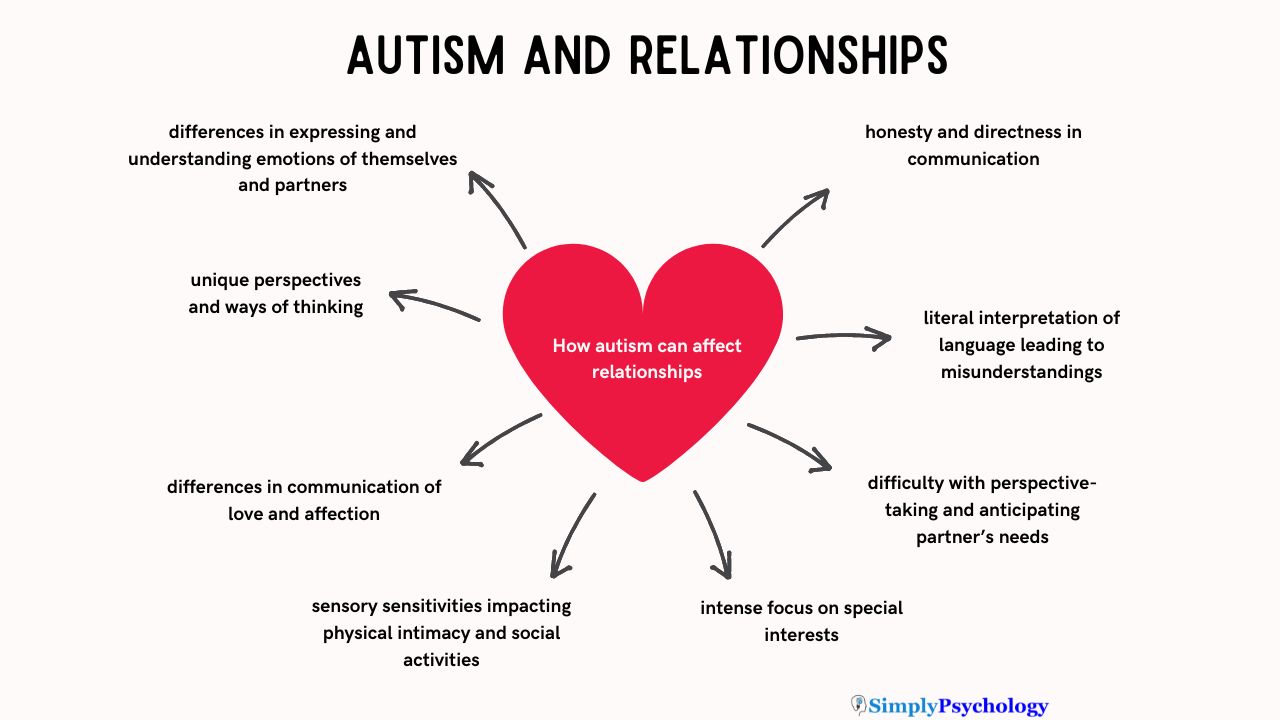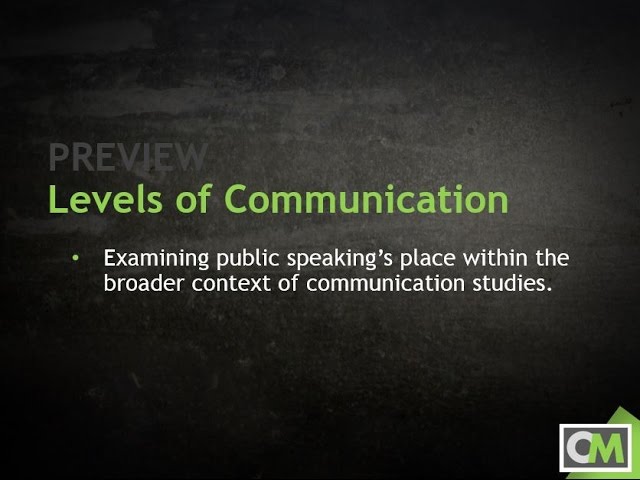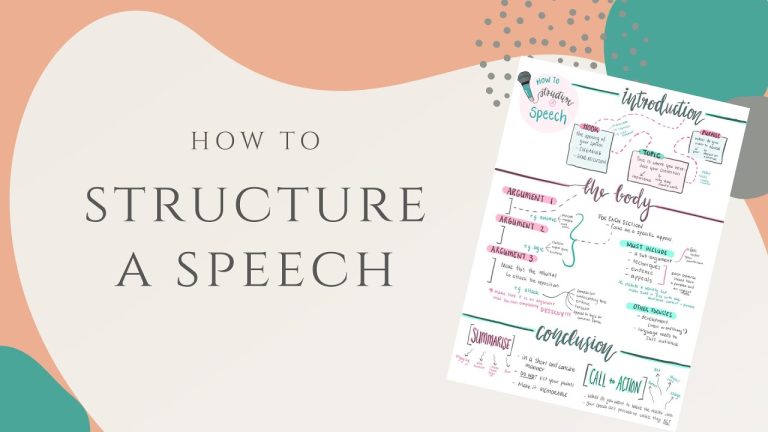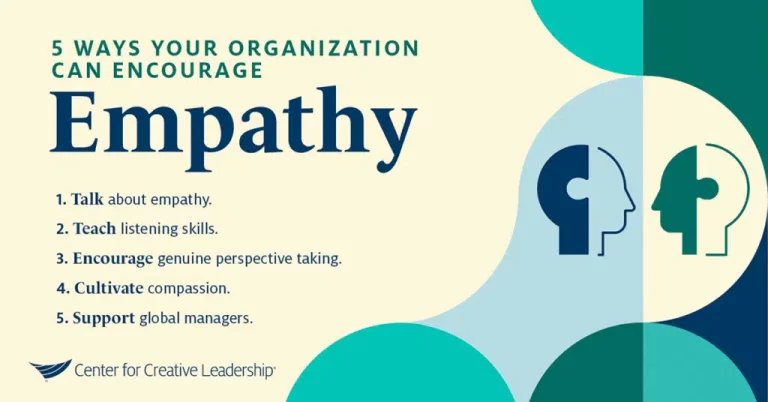Difficulty In Communication In A Relationship: Overcome Barriers
Communication can be tough in relationships. Words may fail to express feelings.
Misunderstandings can strain bonds and create distance. Why does this happen? Many factors contribute to communication issues. Stress, differing backgrounds, or unspoken expectations often play a role. Partners might struggle to share emotions or thoughts clearly. This confusion can lead to frustration, affecting the relationship’s health.
Understanding these difficulties is crucial. It helps partners bridge gaps and build stronger connections. In this blog, we’ll explore common communication barriers. We’ll discuss practical ways to overcome them, fostering a more open and healthy dialogue. Recognizing and addressing these challenges can transform a relationship, paving the way for trust and understanding. Let’s dive into this journey together.

Credit: www.instagram.com
Common Communication Barriers
Effective communication forms the backbone of any successful relationship. Yet, many couples face common barriers in their daily interactions. These barriers can lead to confusion, frustration, and even emotional distance. Understanding these obstacles is the first step to bridging the gap.
Misunderstandings
Misunderstandings arise when messages are not clear. Words might be misinterpreted due to differences in language or tone. This can lead to wrong assumptions and hurt feelings. Often, people assume their partner knows their thoughts. But assumptions do not replace open dialogue.
Clarity in conversations can prevent many issues. Encourage partners to ask questions. Confirming understanding reduces the risk of miscommunication. Repeat important points to ensure clarity.
Emotional Blocks
Emotional blocks occur when feelings hinder communication. Fear of judgment or rejection can cause silence. Partners may avoid expressing their true emotions. This creates a barrier to genuine connection.
Addressing emotional blocks requires patience. Encourage a safe space for sharing feelings. Listening without interrupting builds trust. Recognize the importance of empathy in conversations.
Emotional awareness can improve relationship dynamics. Encourage partners to express themselves. Open hearts often lead to open conversations. This fosters a deeper understanding.
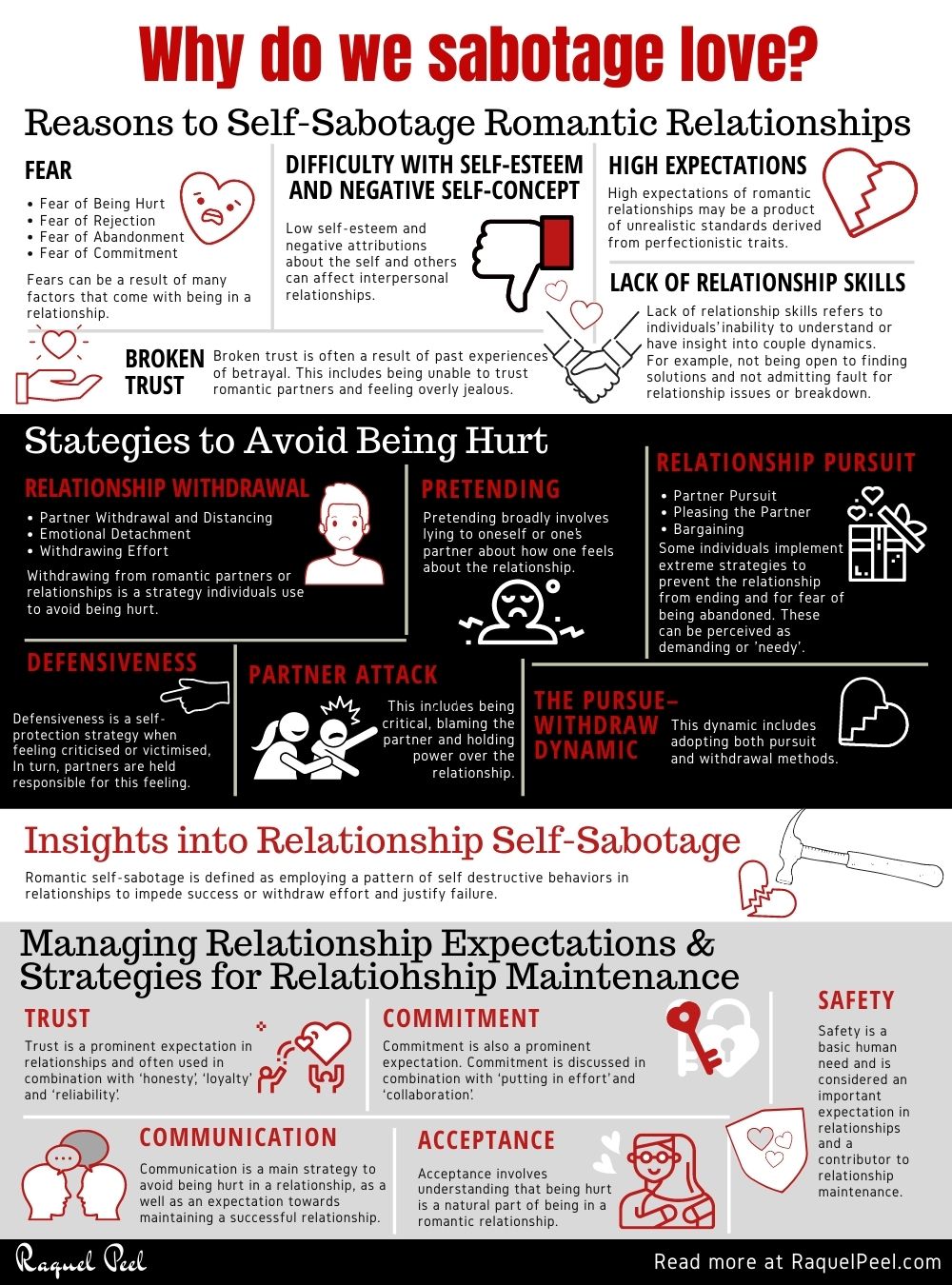
Credit: www.raquelpeel.com
Impact On Relationships
Poor communication can weaken the bond in relationships. Misunderstandings lead to frustration and distance between partners. Open dialogue fosters connection and trust.
Communication challenges can significantly impact relationships, often creating a barrier to intimacy and connection. You might have felt frustrated when your words are misinterpreted, leading to misunderstandings. These struggles can shake the foundation of a relationship, causing stress and emotional distance. Understanding the specific impacts can help you address these issues effectively.Trust Issues
When communication falters, trust often follows suit. Imagine sharing a concern with your partner, only to feel unheard or misunderstood. This can lead you to question whether your partner truly values your thoughts. Over time, this erosion of trust can create a gap, making you hesitate to open up or share your feelings. Trust is built on honest and transparent communication. Reflect on your own experiences: have there been times when poor communication made you doubt the relationship’s stability?Increased Conflict
Miscommunication can escalate conflicts, turning small disagreements into major arguments. Think about a simple misunderstanding that snowballed into a heated dispute. When you’re unable to express your feelings clearly, frustration can mount, leading to emotional outbursts. Frequent conflicts can create a hostile environment, where you might feel more defensive than understanding. Consider if unresolved communication issues have ever fueled ongoing disagreements in your relationships. Effective communication requires patience and clarity. Are there steps you’re taking to improve understanding between you and your partner? Simple practices like active listening and asking clarifying questions can reduce misunderstandings. Have you noticed any changes in your relationship when you focus on better communication?Effective Listening Techniques
Effective listening techniques can bridge the gap in communication. Listening is crucial in any relationship. It helps partners understand each other better. Misunderstandings often arise from poor listening habits. By improving listening skills, couples can foster deeper connections. Below are some techniques that can enhance listening in relationships.
Active Listening
Active listening requires full attention. Focus on the speaker without distractions. Nod or use short affirmations like “I see” or “Go on”. This shows you are engaged. Avoid interrupting the speaker. Wait until they finish. Then, summarize what you heard. This confirms understanding. Ask questions to clarify if needed. Active listening builds trust. It shows respect for your partner’s feelings.
Empathetic Responses
Empathy involves understanding emotions. Listen to your partner’s words and feelings. Reflect back what you perceive. For example, say “It sounds like you feel upset”. This validates their emotions. Avoid judging or dismissing feelings. Offer support and understanding. Empathetic responses create emotional bonds. They encourage open and honest communication. Empathy fosters a safe space for sharing.

Credit: www.instagram.com
Expressing Thoughts Clearly
Communication is the backbone of any relationship, but expressing thoughts clearly can often be challenging. Misunderstandings and misinterpretations can lead to conflicts that seem impossible to resolve. You might feel like your partner just doesn’t get what you’re trying to say. Clarity in communication is essential to ensure both partners feel heard and understood. Let’s delve into some practical strategies to improve this crucial aspect of your relationship.
Using ‘i’ Statements
Have you ever noticed how discussions turn defensive when you start with “You always…” or “You never…”? Using ‘I’ statements can radically shift the tone of your conversation. Instead of saying “You don’t listen to me,” try “I feel unheard when we talk.” This approach focuses on your feelings rather than blaming the other person.
By framing your thoughts with ‘I’ statements, you express your emotions without putting your partner on the defensive. It invites empathy and opens the door for a more collaborative discussion. What shifts have you noticed in your conversations when you use ‘I’ statements?
Avoiding Assumptions
Assumptions are communication killers. They create barriers, often leading to misunderstandings and resentment. Have you ever assumed your partner knew exactly how you felt, only to realize they had no clue? It’s easy to fall into the trap of assuming your partner knows what you need without explicitly saying it.
Communicating clearly means articulating your thoughts and feelings without assuming your partner already understands. Ask questions and seek clarification instead of jumping to conclusions. How much conflict could be avoided simply by clarifying assumptions?
Improving communication in your relationship is an ongoing process. It requires patience, practice, and a willingness to learn from each interaction. By using ‘I’ statements and avoiding assumptions, you pave the way for clearer, more empathetic conversations. What will you try next to enhance your communication clarity?
Building Stronger Connections
Effective communication is vital for healthy relationships. Misunderstandings often create barriers between partners. Building trust and openness helps bridge these gaps, fostering stronger connections.
Building and maintaining strong connections in a relationship can be challenging, especially when communication becomes difficult. You might feel like you’re speaking different languages, even though you’re using the same words. But building stronger connections isn’t about finding the right words; it’s about creating an environment where open and honest communication can thrive. Let’s dive into some practical ways to foster this kind of environment in your relationship.Regular Check-ins
Regular check-ins can be a game-changer for your relationship. Set aside a specific time each week to talk about how you’re both feeling. This doesn’t have to be a long, drawn-out conversation—sometimes, just ten minutes can make a big difference. During these check-ins, focus on listening as much as speaking. Ask your partner what’s been on their mind and share your thoughts as well. Consider it as a maintenance routine for your relationship, like how you might service a car to keep it running smoothly.Creating Safe Spaces
Creating a safe space for communication is crucial. Your partner needs to feel they can share without fear of judgment or reprisal. Ask yourself, “Do I create an environment where my partner feels safe to express themselves?” Encourage open dialogue by being mindful of your reactions. If they share something difficult, respond with empathy and understanding. This builds trust and encourages them to continue being open with you. You can also establish ground rules for discussions, such as no interrupting or using “I” statements to express feelings. This can help both of you feel more at ease when discussing sensitive topics. Building stronger connections in a relationship requires intentional effort and an openness to evolve together. Are you ready to take the next steps to enhance your relationship today?Frequently Asked Questions
Why Do I Struggle With Communication In My Relationship?
You might struggle with communication due to differing communication styles, unresolved conflicts, or emotional barriers. Lack of active listening and empathy can also contribute. Improving communication skills and seeking professional guidance can help enhance relationship dynamics.
How Do You Deal With A Non-talkative Partner?
Communicate openly and ask questions to understand their thoughts. Encourage shared activities that foster conversation. Show patience and create a comfortable environment for expression. Validate their feelings and respect their communication style. Seek professional help if needed to strengthen understanding and connection.
How To Fix A Communication Problem In A Relationship?
Start by actively listening to your partner. Clearly express your feelings and needs. Schedule regular time to communicate. Avoid interrupting or blaming during discussions. Seek professional help if problems persist.
Conclusion
Effective communication strengthens relationships. Misunderstandings weaken connections. Start small. Share thoughts and feelings openly. Listen actively. Practice patience and empathy. Build trust through honest dialogue. Silence leads to assumptions. Address issues early. Use simple language for clarity. Avoid blame and judgment.
Encourage mutual respect. Relationships thrive on shared understanding. Recognize and value each other’s perspectives. Communication is a skill. Improve it together. Make time for meaningful conversations. Strengthen bonds with consistent effort. Remember, every relationship faces challenges. Success comes from working through them together.
Keep communication clear, kind, and consistent. The journey is worth it.
